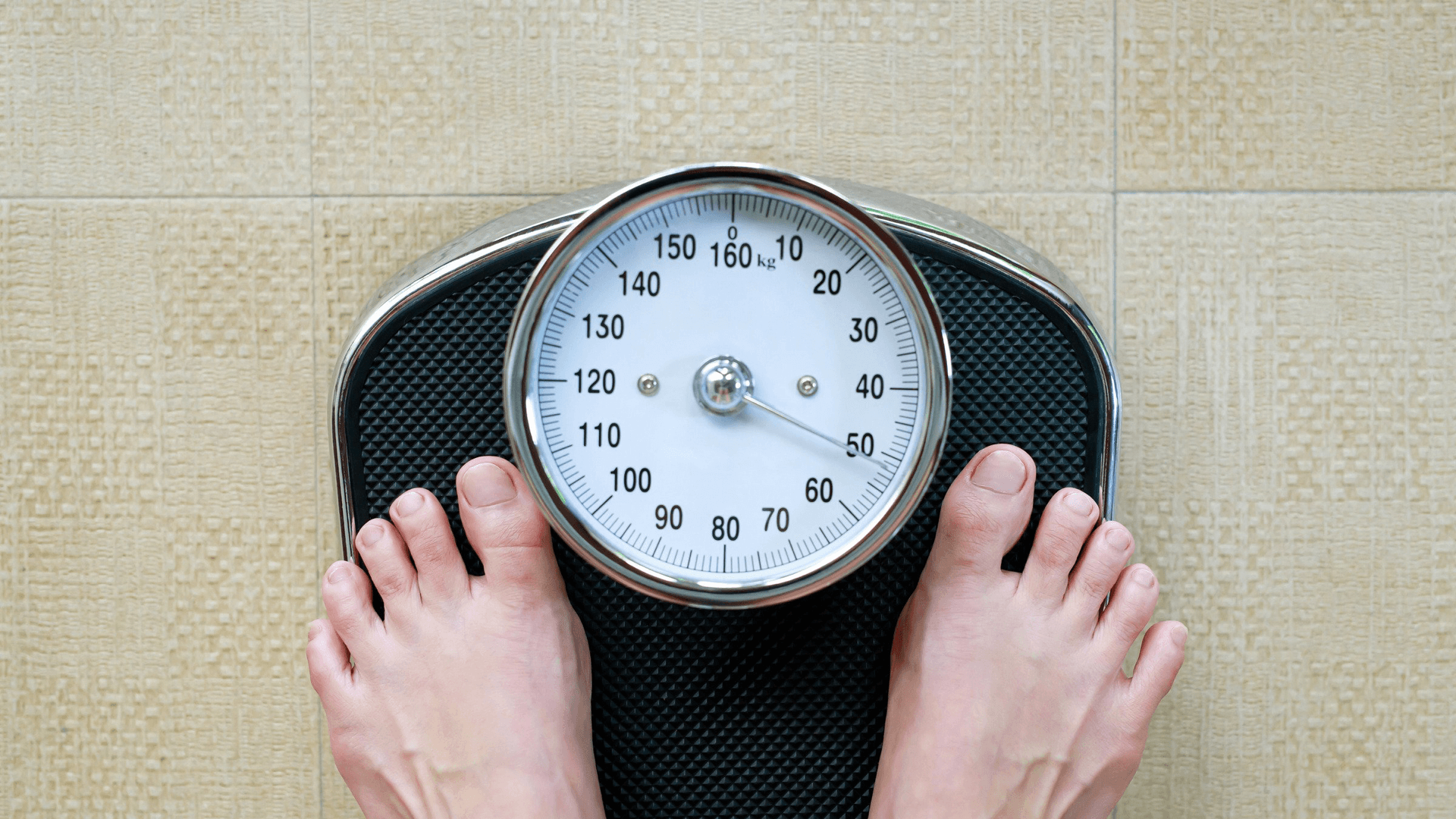

With our third Instinct/6 in full swing, trainer Jonny has provided us with the fundamentals of fat loss, full of the things he wishes he knew sooner…
I used to have no idea about losing fat.
I would eat tons of salads because I thought that salad was a “diet food”. Cut all carbs from my diet because I thought that is how to lose body fat. I have also tried training 6+ times a week and hours and hours of cardio because that’s what I thought would help me achieve the body I want.
All of the above were all things I had read in magazines, videos I had watched on youtube and others I had talked to. None of these routines worked the way I wanted them to.
Looking back now I wish I had taken a different path, and knew what to look for, following credible advice and information.
So here’s everything I have learnt through my degree and subsequent CPD course over my last 6 years of being a PT in a nutshell…
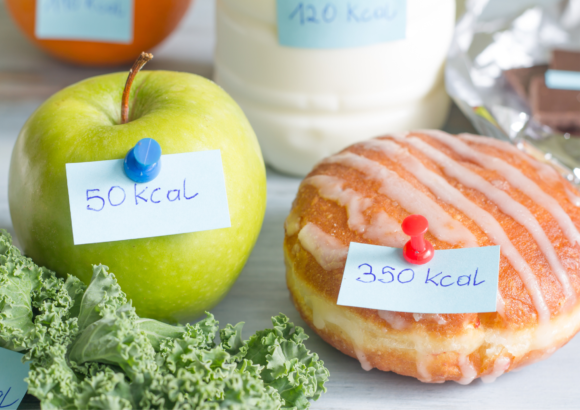
A calorie is a unit of measure and is ultimately the energy needed to raise the temperature of one gram of water through 1°C.
Calories are found in everything and aren’t just a unit used to measure energy in food. In fact 1 calorie in food is actually 1000 calories of energy. Because of this we refer to calories in the nutritional sense as Kcals.
Calories are converted into ATP (Adenosine Triphosphate) inside the cells, which are then used as energy.
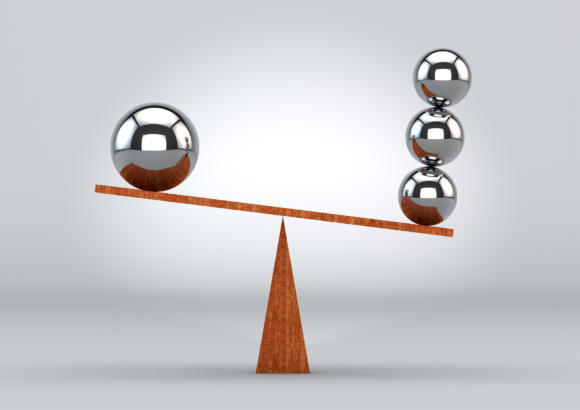
Fat loss is fundamentally underpinned by the laws of thermodynamics which state that: ‘Energy can not be transferred from one system to another; it can not be created and can not be destroyed; it can only be used or stored.’
As a result the scientific principle of fat loss is very simple.
You may have heard the calories in vs calories out concept (CICO).
If you consume fewer calories than your body requires, you will lose body fat. This is what’s known as a calorie or energy deficit.
If you stay consistently in a deficit you will lose weight.
If you stay consistently in a surplus (consuming more calories/energy than we require) you will gain weight.
If you consistently consume the same amount of calories as you expend, you will maintain weight.
What makes fat loss hard is because of the complex web that is human emotion, human nature, modern day stress and the stacks of misinformation surrounding the topic.
If we were all robots living in a totally stress free environment the process would be a lot easier.
But sadly we are not.
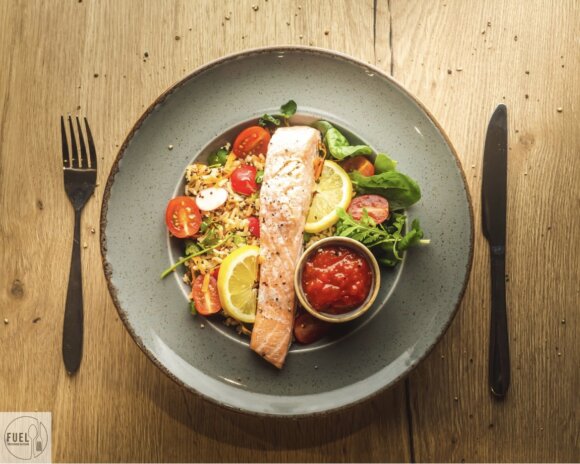
It is important to remember that calories are king when it comes to fat loss and there are no such things as ‘fat loss foods’. You need to stay within your deficit calorie limit to lose weight.
Food quality and selection, however, still plays a huge role in our diet from a fat loss and health perspective.
Your diet should mainly consist of whole food nutrient dense options along with prioritising getting more protein on your plate with lots of veggies to promote food volume.
However, It is also important to make sure you save some room for the foods you enjoy.
In terms of ‘clean’ foods they can actually be quite high in calories for example nuts, avocado and seeds. Yes, they carry lots of nutrients, but if you are trying to adhere to a calorie controlled diet they may not be the best choices.
These are all things to consider when making your food selections. As a rule of thumb 80% whole food nutrient dense options and 20% fun foods. Try to move away from foods being good or bad and think of them as more nutrient dense or not and there is room for them both in your diet.
High protein options are championed when on a diet. Gram for gram protein is the most satiating (filling) of all the macronutrients this helps to attenuate hunger levels when on a diet.
Spreading your intake throughout the day can help warn off the hunger pangs ultimately will help you stay fuller for longer. Plus eating enough protein helps promote muscle building.
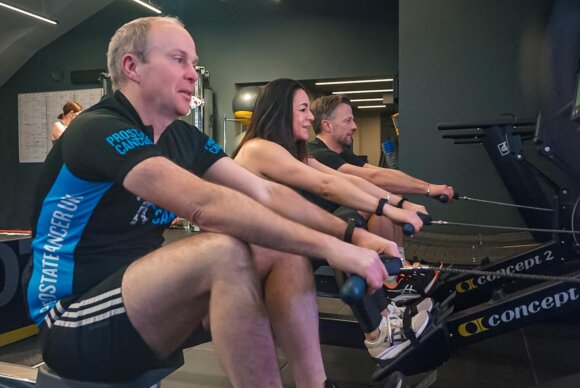
In all honesty it doesn’t matter.
Rather than focusing on exercise for fat loss – focus on getting stronger and building your fitness.
I would always lean towards weight training as it promotes lean body mass so if you are trying to achieve a more toned body, losing body fat and building muscle is key.
Yes, cardio has its time and place, but weight training should always be your priority not just for looking good but for its vast number of long term health benefits such as increased bone density which will reduce the risk of osteoporosis and reduced risk of cancer.
Overall I would recommend a minimum of 3 gym sessions per week focusing on whole body movement and two cardio sessions.

I’m sure you’ve heard of the 10,000 steps per day rule, but why is it set at that number?
10,000 steps has been shown to burn approximately 500 kcals. It requires approximately 3,500 kcals of energy to burn 1llb of body fat.
10,000 steps per day x 7 = 3,500kcals.
Walking is low impact and easily accessible to nearly all of us making it an extremely useful tool for fat loss.
10,000 steps might not be enough for everyone though, if you naturally walk alot for your job, you might still need to actively walk before or after work to make it viable for fat loss. Equally if you sit down all day meeting 10,000 steps might not be a realistic target for you, you could require less to see progress.

I know we all lead busy lives and more often than not sleep takes a back seat! So here is how this cycle is damaging your training and nutrition…
A lack of sleep affects the body’s hormonal appetite regulators, increasing hunger the day after a poor sleep.
Specifically, less than 7 hours of sleep a night has been linked to increased snacking throughout the next day which has been shown to increase energy intake by +1000kcal per day which can easily pull you out of a calorie deficit and into a surplus where weight gain is the result.
Not only is your ability to perform in the gym vastly reduced but your body’s ability to recover from the previous day’s training is massively diminished as well.
This blog post gives you all the foundational knowledge and understanding you need to achieve and maintain your fat loss goals.
However, there is no point having the information and not ACTIONING it.
So go and start implementing right away and get the results you want!
Get started with Instinct in Tarporley.
By continuing to use the site, you agree to the use of cookies. more information
The cookie settings on this website are set to "allow cookies" to give you the best browsing experience possible. If you continue to use this website without changing your cookie settings or you click "Accept" below then you are consenting to this.